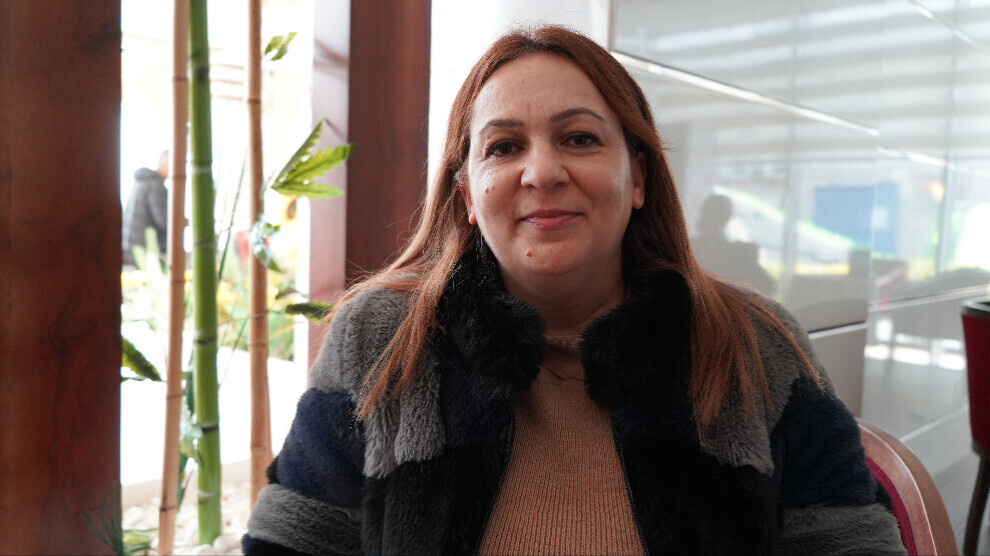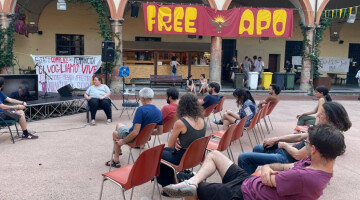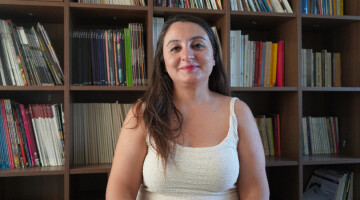Since the founding of Turkey, the country has been governed under a monist paradigm that only allows for a Turkish-Sunni identity. This form of rule was implemented during Ottoman times through the genocide of the Armenians, the murder and expulsion of the Greek population and finally through a massive anti-Kurdish policy of extermination and assimilation since the founding of the republic. Language bans, denial of education in the native language - i.e. cultural erasure - are the downside of systematic massacres like in Zîlan, Dersim and Roboski. In recent years, Turkish language policy has steadily tightened and led to the exclusion of Kurdish-speaking people from many areas, including healthcare.
In an interview with ANF, the co-chair of the office of the education union Eğitim-Sen in Amed (Diyarbakır) described the current developments and their consequences.
Saliha Zorlu, referring to the history of the assimilation policy, said: "With the comprehensive implementation of the policy of denial and assimilation, the Kurdish question reached a level where it is no longer just a problem within Turkey, but has become a problem affecting everyone in various parts of the Middle East. In particular, after the military coup of 12 September 1980, when both the neoliberal policy was continued and a massive security policy was implemented, production in the Kurdish region, in Kurdistan, was completely paralyzed, and massive oppression was carried out against the Kurdish people. And today, despite all this repression, the Kurds are demanding a democratic solution based on dialogue. A dialogue in which all segments are represented, in which all problems are discussed, is essential and a process that must be accelerated."
A policy of systematic identity destruction
Zorlu continued: "This is one of the most decisive and violent aspects of the special war policy: the ban on the native language in all areas, the denial of its use in public service. To disregard identity, the language, the culture means to completely disregard the existence of a people. A policy is being pursued with the aim of dissolving the identity of the people. Even if the language is already used in some areas, real legitimacy, so to speak, is when the language is made the language of education. The mother tongue must be included in the curriculum as a language of education. Not as an elective subject. We are talking about a language spoken by almost seven million people in the country. An attempt is being made to liquidate Kurdish, the oldest of the Indo-European languages. You try to get a people to forget their language. Some of its dialects in particular are in danger of extinction, and the Kurdish people are fighting to keep them alive."
The government must take the necessary steps
Zorlu added: "In order for peoples to live with their own languages and identities, the Kurdish question must first be resolved. The conditions for education in the mother tongue must be created. For Eğitim-Sen, this is an indispensable line in our program, our statute and our struggle. Education, healthcare and public services in the native language are fundamental rights of a people. The necessary steps must be taken to resolve the Kurdish question. It is necessary to ensure a productive and lasting dialogue, pave the way for education in the mother tongue, grant all identity rights, eliminate the obstacles to production, guarantee democratic politics and build a peaceful life. The persons to refer to for this are clear. The government should take the necessary steps."















